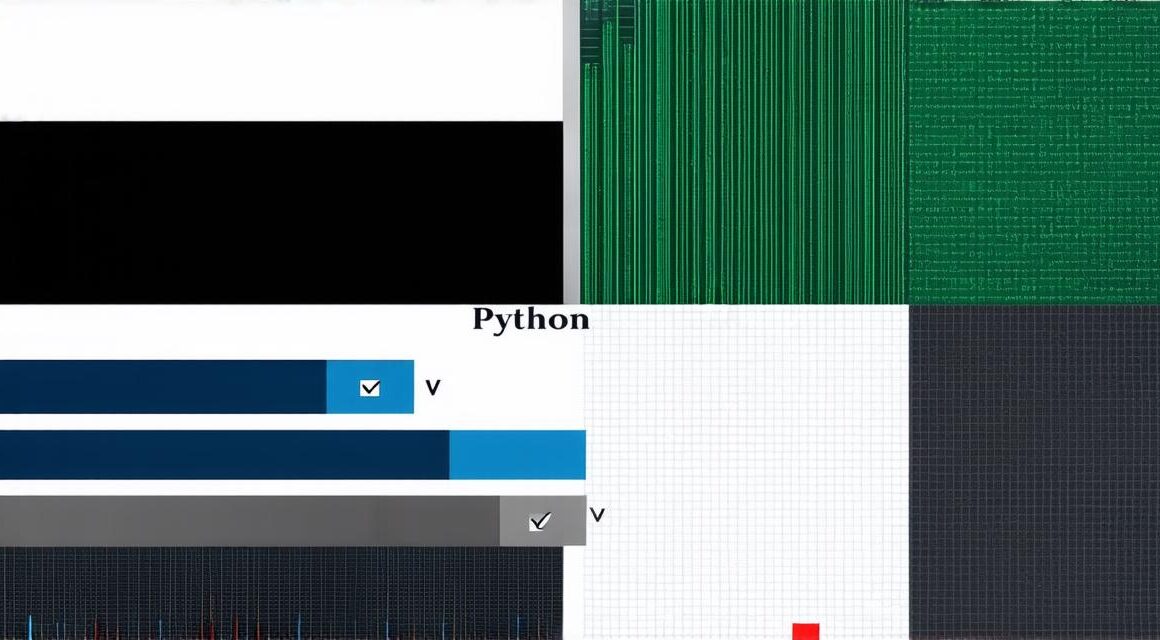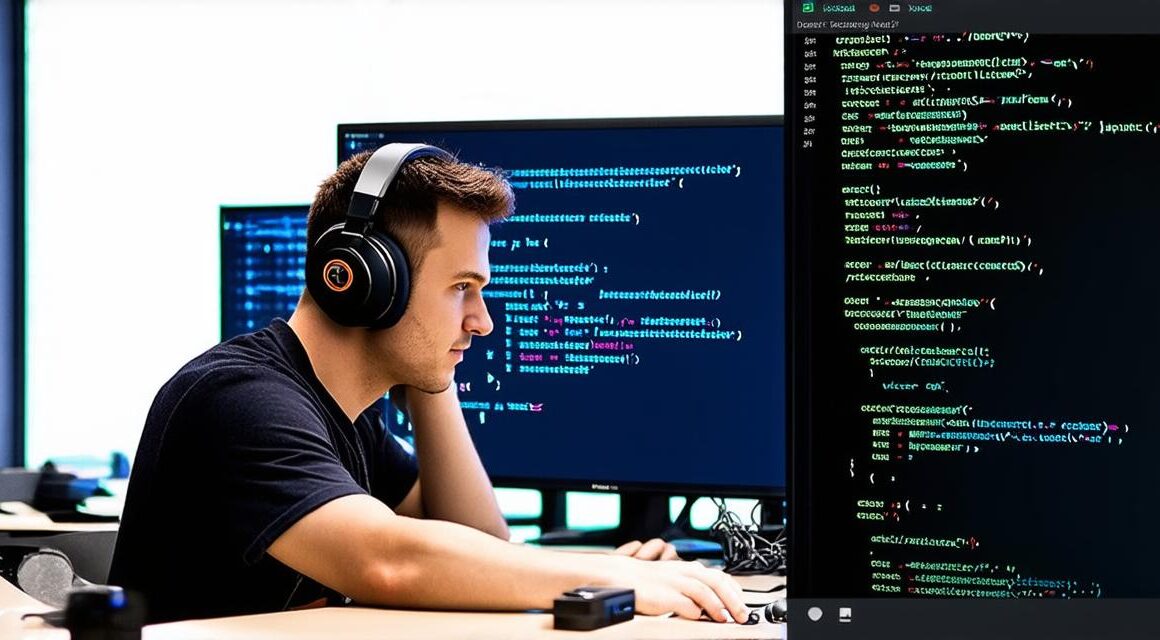Unity is a popular game engine used by developers of all skill levels. One common question that arises when using Unity is whether or not coding is necessary. While Unity has a built-in scripting language and a vast library of pre-made assets, there are certain situations where coding can be extremely beneficial.
When to Use Coding in Unity
1. Custom Scripts
Unity’s built-in scripting language, C, allows developers to create custom scripts that can be used to add unique functionality to their games. These scripts can range from simple actions like moving objects to more complex behavior like AI or physics simulations. When you need to create a behavior that is not available in Unity’s library of assets, coding is necessary.
2. Performance Optimization
Unity’s built-in optimizations are designed to work well for most games, but there may be situations where you need to optimize your game further. Coding can be used to create custom optimization techniques that are specific to your game’s needs. For example, you might write a script that reduces the number of draw calls in your game by combining multiple objects into a single mesh.
3. Third-Party Integration
Unity has a large ecosystem of third-party tools and plugins that can be used to extend its functionality. However, sometimes these tools may not integrate seamlessly with your project or have compatibility issues. In these cases, coding can be necessary to create custom integrations or workarounds for the issue.
4. Cross-Platform Development
Unity supports multiple platforms, including Windows, Mac, iOS, Android, and more. However, each platform has its own unique requirements and limitations when it comes to game development. Coding can be necessary to create custom solutions that are optimized for each platform, such as implementing different input methods or handling network latency.
The Benefits of Coding in Unity

1. Greater Control Over Behavior
Coding allows you to have complete control over the behavior of your game objects and systems. This means that you can create custom behaviors that are tailored specifically to your game’s needs, rather than relying on generic assets or scripting templates.
2. Faster Development
While coding can be a time-consuming process, it can also save you time in the long run. By writing custom scripts and optimizations, you can avoid using generic assets or workarounds that may not meet your game’s specific needs. This can lead to faster development times and fewer bugs down the line.
3. More Flexibility
Coding allows you to create more flexible and extensible systems in your game. For example, by writing a custom script for your game’s AI system, you can easily modify or extend it in the future without having to recompile your entire project.
4. Better Performance
As mentioned earlier, coding can be used to optimize your game’s performance. By creating custom scripts and integrations, you can ensure that your game is running at its best on all platforms.
Summary
While Unity has a lot of built-in assets and tools to help developers create games, there are certain situations where coding is necessary. By understanding when to use coding in Unity and the benefits it provides, you can become a more effective and efficient game developer.



